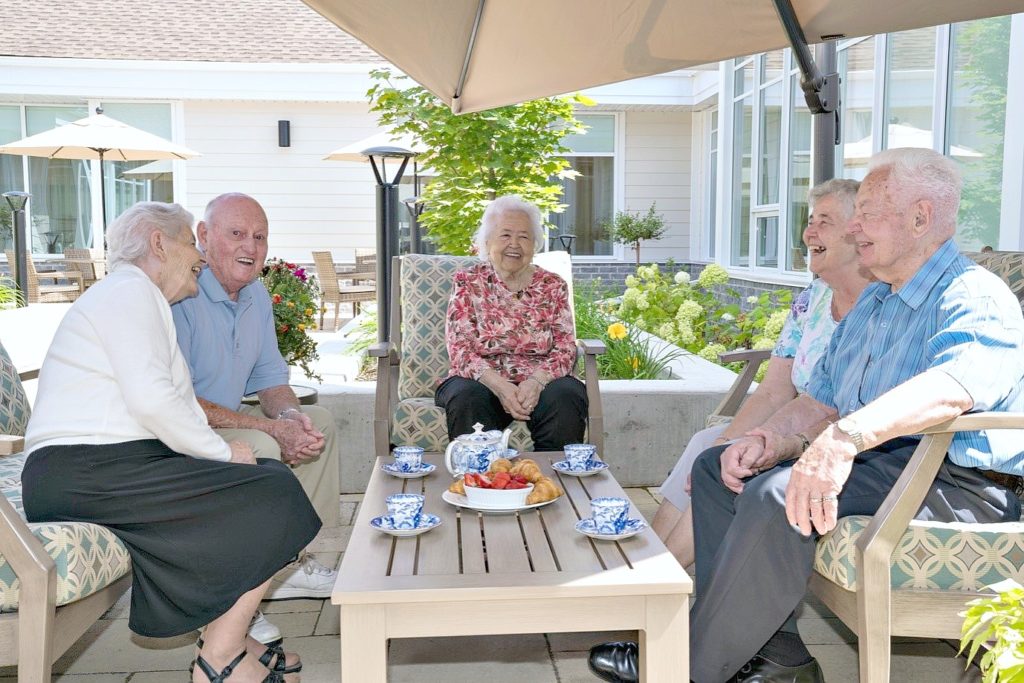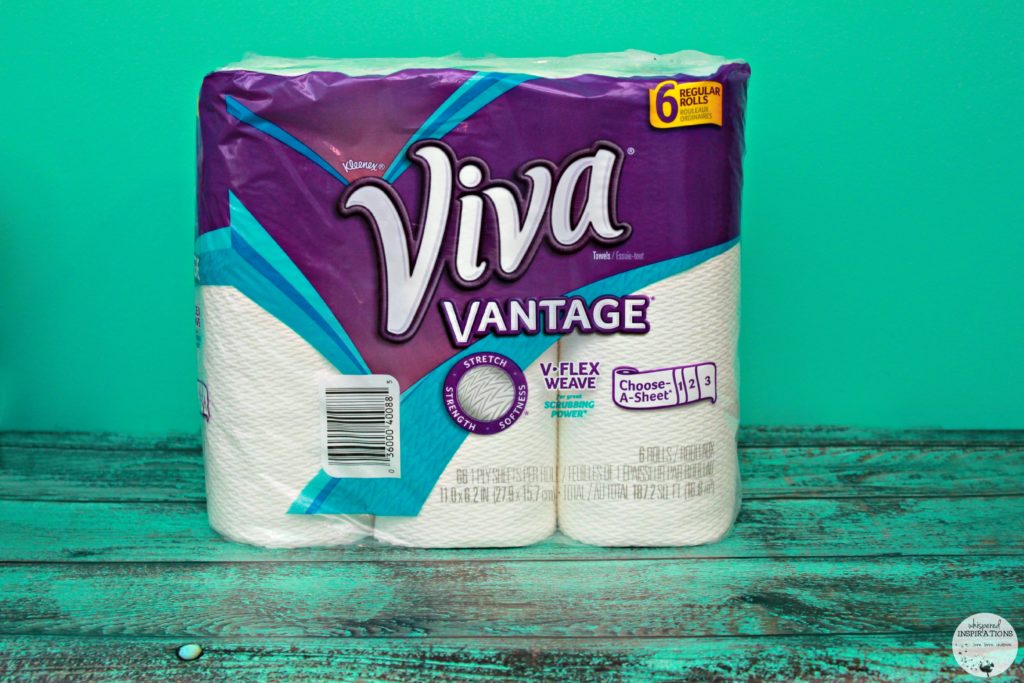What Is Age-In-Place Living?

What Is Age-In-Place Living?
As our parents and loved ones get older, it becomes extremely important to communicate with them. To try and understand their needs. We are often so wrapped up in the fast-paced business of everyday life.
Many of us forget to really listen and figure out what’s going on with our parents and grandparents.
In eastern societies, there is more of an emphasis on listening to and supporting elders. It may be a good idea to take some notes from these cultures.
If it seems as though your parents may benefit from living in a retirement residence, then it’s time to do some serious research.
It can be easy to pick the first option that pops up on Google. There is a broad range of senior care facilities. They may cater to a variety of needs and provide many resources.
Others may provide a minimal baseline of support.
It’s always a good idea to check out a senior care facility’s background. Check if they are part of a Real Estate Investment Trust (REIT).
They may have many investors to please, or a private, family-run operation. Often, the latter will provide a more comprehensive vision and level of care and service.
Care Levels Required:
It’s important to investigate what kind of support a residence can provide. Especially if a parent goes from being quite independent to needing help.
This happens if they develop memory problems such as Alzheimer’s or dementia.
Some residences are simply not equipped to deal with individuals who have these types of memory problems.
Without research, you may need to move your parent again. This may cause a unique set of problems that can upset an already difficult situation.
Ideally, you’ll want to find a retirement home that can support both. Independent residents and assisted or “memory care” residents.
All Seniors Care Living Centres offer something called age-in-place living. So for those who are more self-sufficient and those needing higher levels of care, can stay in the same community as their care needs change.
Even if your parents have different care needs, they can still live together. They will both receive different levels of care.
They can even live in the same building and see each other regularly.
Independent Living
If your parents are independent and mobile they can enjoy living in a friendly community of older adults. They can hold off from a retirement home.
They can enjoy amenities such as a saltwater pool, full-service fine dining, movie theatre, and resident-led clubs.
The clubs consist of a gardening group, a poetry club, and a 10 am newspaper and coffee group!
Independent living in a retirement community is less stressful. It can take away all the stress and planning that goes into cooking and cleaning for yourself.
Assisted Living
Assisted living entails housing, health care, and support services. Think of it as independent living “plus”. Assisted living and memory care are not mutually exclusive.
There is typically a separate, special care unit or residence for those with memory problems.
Residents in assisted living can still participate and benefit from therapies and activities offered by the residents.
Residents can socialize, joke around and make meaningful connections with their peers and the staff. It’s one of the most beneficial aspects of assisted living centres.
There is much more to health than purely physical factors.
The medical community has taken notice. It’s become clear that social connection plays a huge part in our well-being.
Memory Care
Those with Alzheimer’s and dementia can benefit from purpose-built memory care communities. They are dedicated to creating the best possible living experience.
They’re typically outfitted with sensory rooms. They can be extremely therapeutic to those with memory problems. It helps them revisit fond recollections of the past.
Another key aspect of these units is a layout that is pleasant and extremely easy to navigate. They are adorned with helpful visual cues in order to minimize confusion.
You May Also Like:
A good memory care unit can be beautiful, intimate, and not at all like a drab mega-hospital.
They can also include “areas of interest” designed to stimulate the mind. Doing all this without being completely overwhelming.
Age-in-place living is a great option!
Have you thought about the future of your parents?
Comment below!

Nancy Polanco is a freelance journalist, lifestyle content creator, and editor of Whispered Inspirations. She is a proud Mom to Gabby and Michaela and partner and best friend to Darasak. Having worked as part of a health care team for almost a decade, Nancy is happy to be back to her passion. She is a contributor to the Huffington Post, TODAY’s Parents, and an Oprah Magazine Brand Ambassador.







I like that you mentioned care facilities that have an easy layout being so important for elderly people with memory problems. My grandpa is developing Alzheimer’s and we’re looking for the best place for him to go to get the assistance he needs. We will certainly keep this information in mind as we make our final decision.
Hope it helps Brendan!